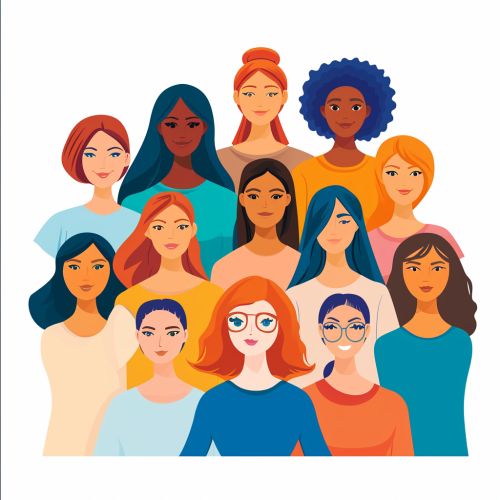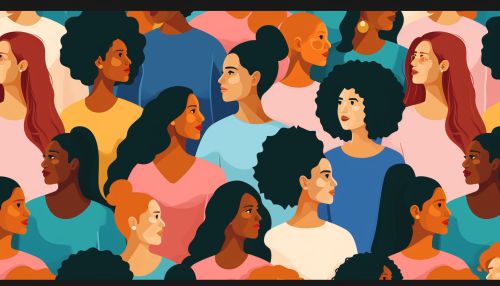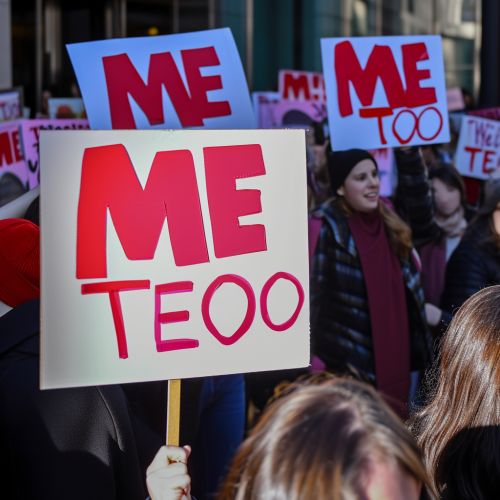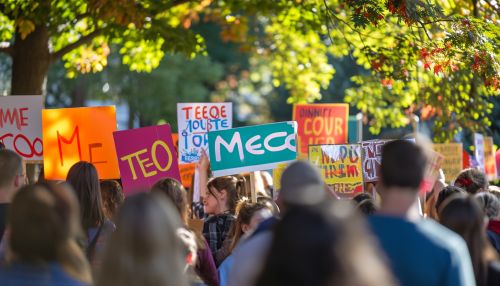Me Too Movement
Origins
The Me Too movement, also known as #MeToo, originated in 2006 when social activist Tarana Burke used the phrase "Me Too" to raise awareness about the pervasiveness of sexual abuse and assault in society. Burke, a survivor of sexual violence herself, sought to create a supportive community for other survivors, particularly women of color from low-income communities. The phrase was intended to convey empathy and solidarity, offering reassurance to survivors that they were not alone in their experiences.


Rise to Prominence
The Me Too movement gained widespread attention in October 2017, when actress Alyssa Milano encouraged women to tweet "Me Too" if they had ever been sexually harassed or assaulted. This was in response to the numerous sexual misconduct allegations against Hollywood producer Harvey Weinstein. The hashtag quickly went viral, with millions of people around the world using it to share their experiences of sexual violence.
Impact and Influence
The Me Too movement has had a significant impact on society, prompting a global conversation about sexual violence and gender inequality. It has led to increased awareness and understanding of the prevalence and harmful effects of sexual harassment and assault. The movement has also resulted in tangible changes in legislation and corporate policies, with many organizations implementing stricter measures to prevent sexual misconduct and ensure accountability.
The Me Too movement has also faced criticism and backlash. Some critics argue that it has led to a 'witch hunt' atmosphere, where individuals are prematurely judged and punished without due process. Others have expressed concern about the potential for false accusations and the lack of focus on male victims of sexual violence. Despite these criticisms, the movement continues to play a pivotal role in advocating for survivors of sexual violence and pushing for societal change.
Cultural Significance
The cultural significance of the Me Too movement cannot be overstated. It has fundamentally shifted societal attitudes towards sexual violence, bringing a previously taboo subject into the public discourse. The movement has also been instrumental in challenging and dismantling the culture of silence and complicity that often surrounds sexual misconduct, particularly in powerful institutions.


